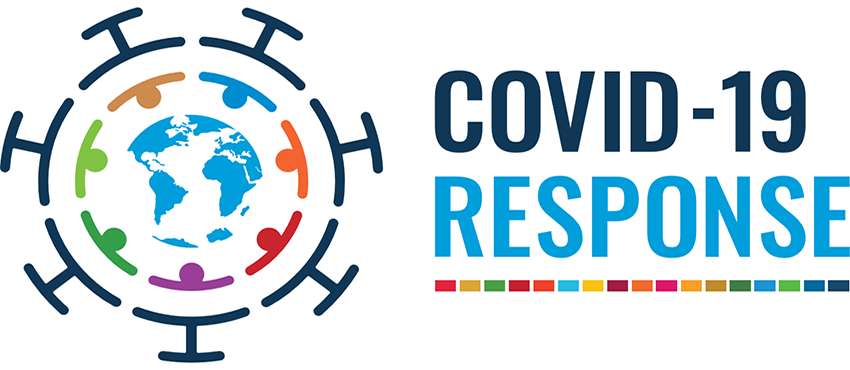The covid-19 pandemic has been with us for close to two years now. With new variants coming up every few months, we need to find solutions to this pandemic if our lives are to go back to where they were in 2019. This is easier said than done but all we have to do is try and come up with solutions that can help us go forward.
Throughout the pandemic, we have seen most governments partner with tech companies to come up with solutions to address the crisis. From contact tracing applications to public health solutions to the use of tech-driven solutions to the crisis, every stakeholder wants to be part of the solution. This is all goods and could have been accepted if the involved parties were responsible and trusted by the general public.
There have been concerns raised by a portion of the population and non-governmental organizations in regards to using tech-driven solutions to the covid-19 pandemic. Issues related to user privacy, to discrimination, and marginalization of a part of the population to misinformation. Governments and tech companies defend this move but there are very real concerns that should be addressed as we move forward.
Data Leakage and Privacy Concerns
The use of technology is always a good thing but with the solutions we have developed, there is a real concern of data leakage and privacy. This has already happened with some of the apps being developed to address the Covid-10 pandemic. This has not been intentional but it has happened and will happen. Take the case of the Alipay Health Code app developed in China. According to investigations, this app that is meant to be an exposure notification platform was said to be sharing data with the police.
Platforms like these did not reveal this information from the start but this information was revealed later on by investigations. This is the risk such services pose and the data may be shared with government bodies and in some cases private parties too. At face value, this can be seen as a good thing as it can help keep the public safe but the invasion of privacy may not be a good thing in the long run.
Governments may end up using the collected data unlawfully to target certain individuals who may be going against set rules and laws. This may involve using unaccepted methods that would otherwise not be possible.
Allowing these platforms to also come up with solutions means that they get to define what is important and what is not. This can include things like the privacy policies and philosophies around their products. This may work well with other products but when it comes to public health, more security and privacy should be implemented. Issues such as data retention are not talked about more and they are very important as these platforms should not be allowed to retain user data for as long as they want.
Discrimination and inequality
There is a very big concern about discrimination and inequality when we use tech solutions to solve most problems. This is taken a notch higher when we are dealing with a public health crisis. With most tech-driven solutions, the development of such infrastructure ends up discriminating the low-income earners. Solutions such as contact tracing apps are all good but since they rely on smartphones, those who do not have access to the smartphones may not have ways of using such applications.
With a certain section of the population isolated, relying on technology may not be the most ideal way of tackling the current crisis. This is because those isolated may be clustered together and if an outbreak is reported in their area, they might not have effective ways of dealing with it as they will lack the technology those living in other areas rely on.
Low income communities have for years had difficulties accessing healthcare services even without the need of using smartphones and thus relying on smartphones and new technology for contact tracing may even isolate them further. The best way to address these concerns is to develop human-centred tracing systems through partnerships between public health authorities, those living in underserved Communities and technology developers.
Spread of misinformation
We all know how platforms such as Facebook played a big role with misinformation with some of the recent elections across the world. Misinformation can easily be spread through most of these platforms as monitoring what everyone is saying is practically impossible. Relying on the use of technology might end up widening the disagreements that we have in society as of now and this can be detrimental when we are talking about public health. It can lead to widespread misinformation and those spreading the misinformation may not even be aware of the consequences.
Most of these platforms profit from having people spend so much time on their sites. For people to spend enough time on these platforms, they need to see and interact with content they agree with. If that involves content that feeds into their political beliefs, then so be it. They might end up consuming content that is false and in the end spread such information to people in their circles.



